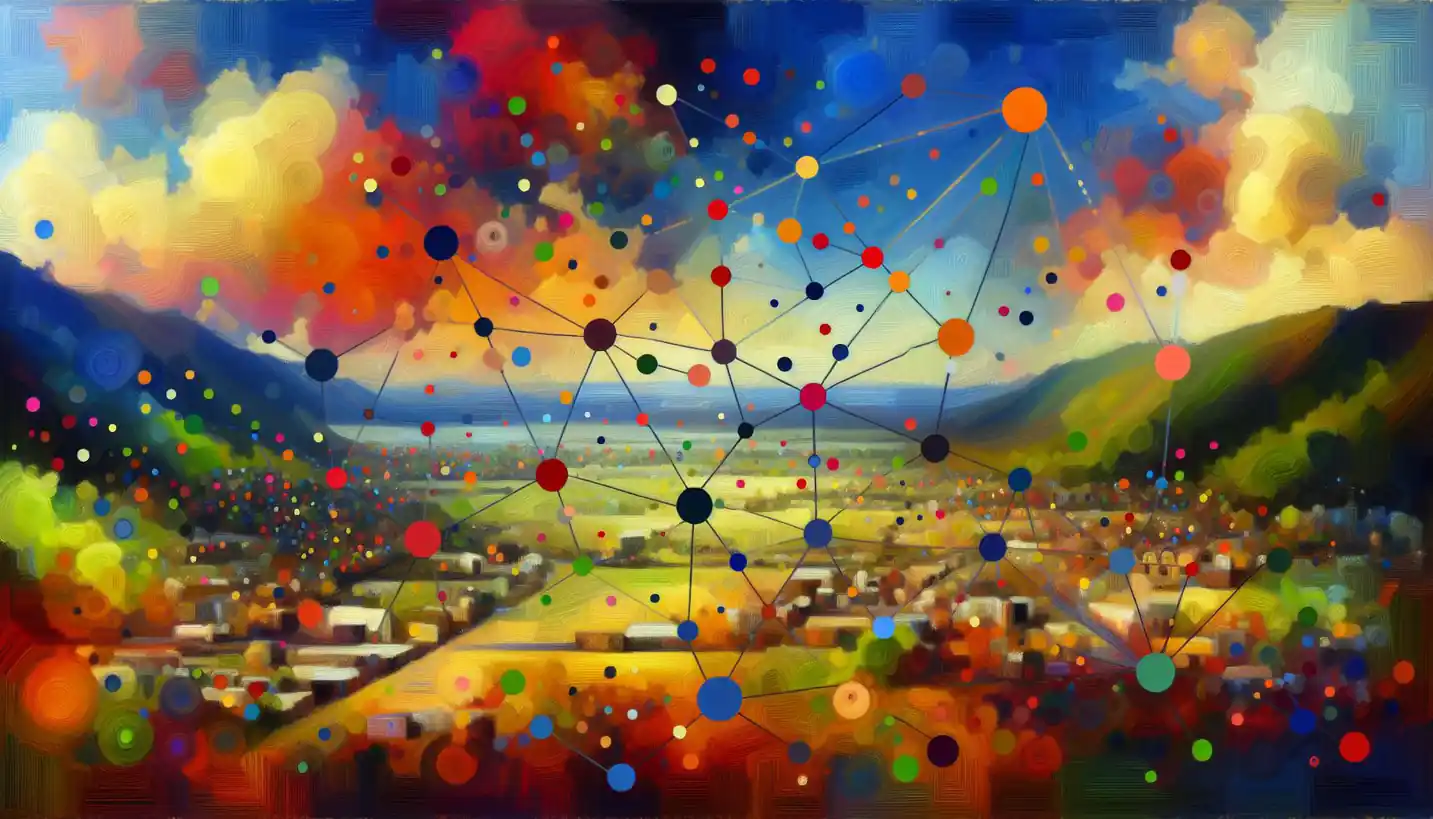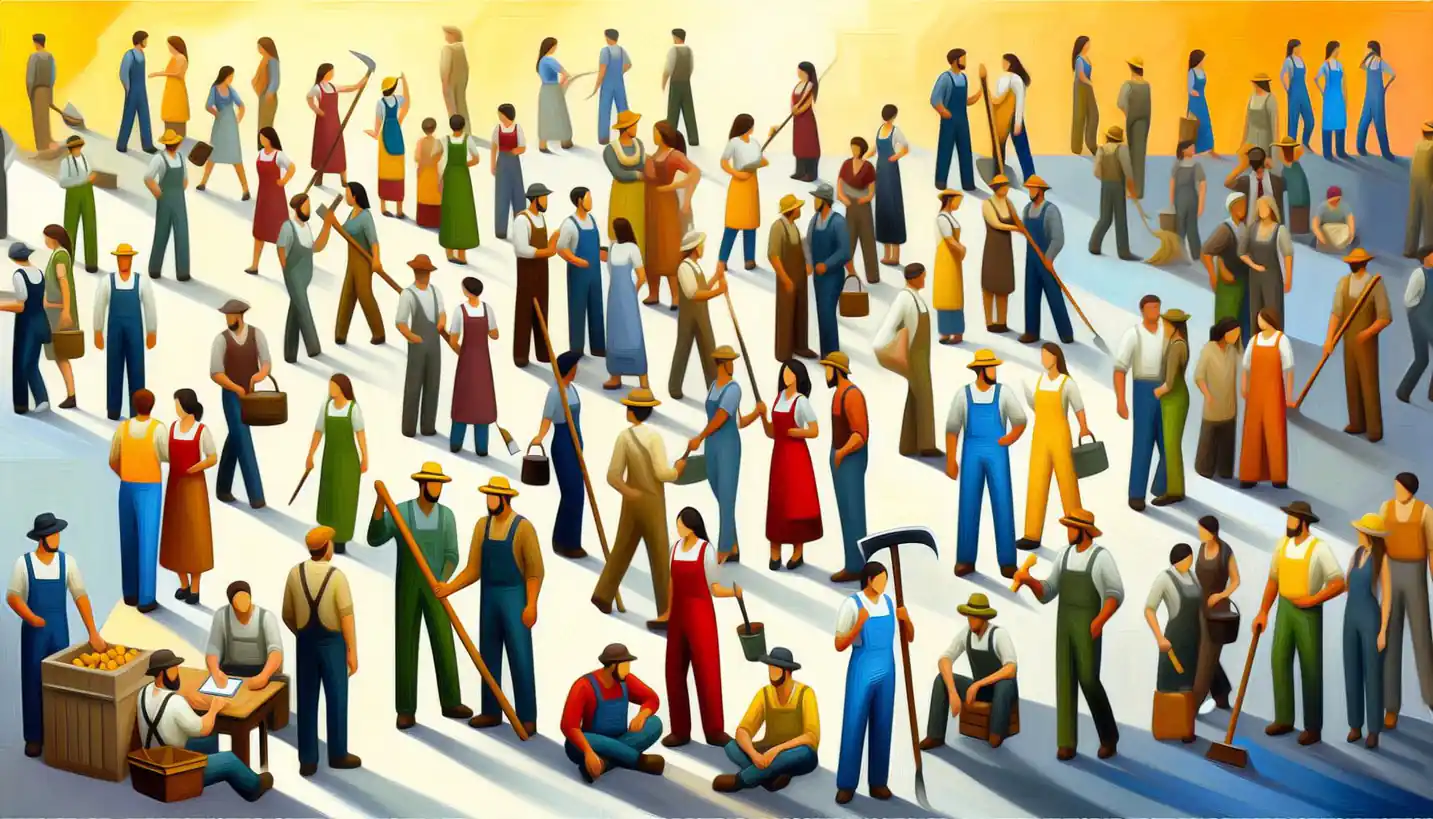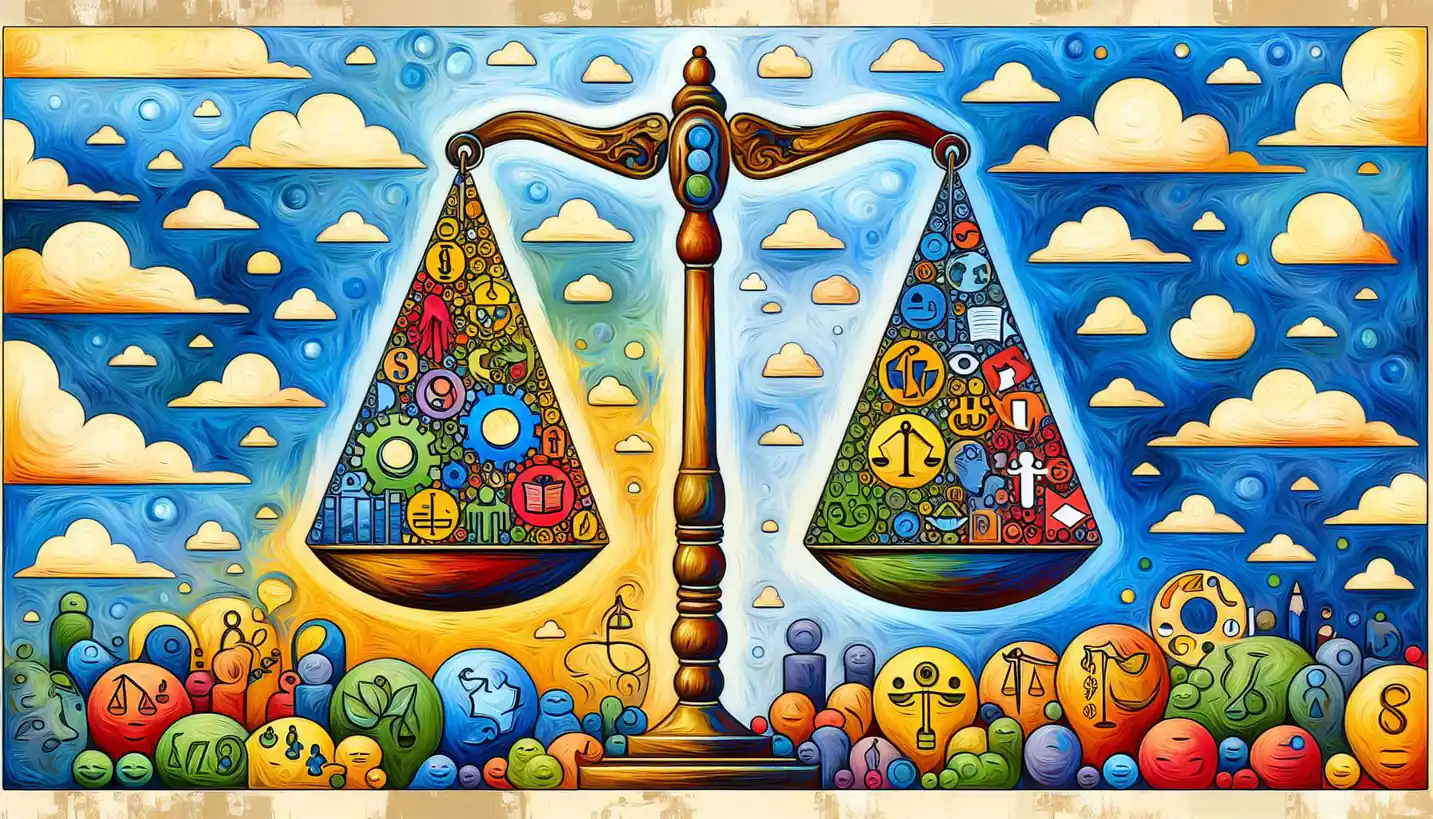· Sociology · 5 min read
Netnography: Exploring Worlds Online
Netnography opens up new dimensions in digital sociology by studying online communities and cultures, providing insight into virtual social interactions. Uncover the methods and findings that offer a fresh perspective on internet-based social life.

In today’s digital age, think about how often we turn to the internet to connect, share, and learn. Every swipe, click, and post shapes vast online communities, acting as a mirror reflecting our real-world interactions. Enter netnography, a fascinating field within digital sociology that delves into these virtual realms. It blends traditional ethnography with the digital landscape, offering a unique lens to understand human behavior online.
What Is Netnography?
Netnography is a method that researchers use to study the behaviors and cultures of online communities. Imagine being a digital anthropologist, observing and analyzing how people in online forums, social media platforms, and virtual worlds communicate and form connections. Coined by Robert Kozinets in the late 1990s, netnography adapts the principles of ethnography, traditionally used to study cultures and societies, for the internet age.
The Digital Playground
Our online interactions can be as complex and vibrant as those face-to-face. Let’s picture a bustling marketplace, except it’s entirely online. Each social media platform is a different stall. Facebook might sell stories and nostalgia, while Instagram offers snapshots of life, polished to perfection. On TikTok, short videos provide quick bursts of creativity. Just like in a real market, each stall attracts different crowds and cultures. Netnographers step into this digital bazaar, aiming to understand the language, rituals, and norms of these unique online communities.
How It’s Done
Conducting netnography involves a few key steps. First, researchers immerse themselves in the online community, much like an ethnographer might live within the community they study. This isn’t about lurking or spying; ethical conduct is crucial. Researchers often engage with community members, participating in discussions and gaining their trust.
Data collection is another essential step. Posts, comments, likes, and shares are all data points. Imagine piecing together a puzzle made up of tweets, Reddit threads, and Facebook posts. The challenge is not just in collecting this data but also in interpreting it. What do these interactions say about the people behind the screens? Researchers then analyze this data, paying attention to themes and patterns that emerge, much like connecting dots to see the bigger picture.
Why It Matters
Understanding online communities is more important than ever. As more aspects of our lives go digital, the lines between online and offline behaviors blur. Netnography helps companies understand consumer trends, aids in crafting effective marketing strategies, and even plays a role in political campaigns.
Consider a brand trying to market to Gen Z. Traditional advertising might not cut it. Through netnography, companies can pinpoint where their audience hangs out online and what types of content they engage with. This insight helps brands craft authentic messages that resonate with their target audience.
Moreover, netnography isn’t just for businesses. It provides valuable insights into social issues, such as how movements like #MeToo or Black Lives Matter gain momentum online. By understanding the dynamics behind these digital conversations, researchers can illuminate the role of social media in driving real-world change.
Netnography vs. Traditional Research
Traditional research methods, like surveys or interviews, face limitations in capturing the nuanced dynamics of online interactions. Netnography fills this gap by offering a more naturalistic approach. Instead of asking people how they use social media, netnography observes them in their natural digital habitats. It’s akin to experiencing a live concert rather than listening to a recording; the vibrancy and immediacy make all the difference.
The Ethical Dimension
Conducting research in digital spaces requires careful ethical consideration. Privacy is a major concern. Just because information is publicly available online doesn’t mean it’s ethical to use it without consent. Think of it as overhearing a conversation in a public park versus recording it and sharing it without knowledge. Ethical netnography respects users’ rights and seeks informed consent where possible.
Challenges and Opportunities
Netnography isn’t without its challenges. Online data can be overwhelming due to its sheer volume and constant evolution. Researchers must sift through massive amounts of information, staying updated with the fast pace of change in digital trends and platforms. However, this also presents unique opportunities. With every challenge comes the chance to innovate, employing new technologies like AI to analyze data more efficiently and effectively.
The Future of Netnography
Looking forward, netnography is poised to play a central role in understanding our increasingly digital lives. As technology continues to evolve, new platforms will emerge, each creating new communities and cultures to explore. Virtual reality and the metaverse, for instance, are expected to open up entirely new dimensions for netnographic research.
A Doorway to Digital Understanding
Netnography is more than a research method; it’s a doorway to understanding digital society. Whether you’re vying to craft compelling content, decode online movements, or simply satisfy your curiosity about internet culture, netnography offers invaluable insights.
This exploration of online lives helps bridge the gap between our tangible and virtual worlds, reminding us that behind every screen is a human story waiting to be told. So next time you log in or swipe up, consider the intricate dance of interactions happening in the digital ether—it’s a world as rich and complex as our own.


